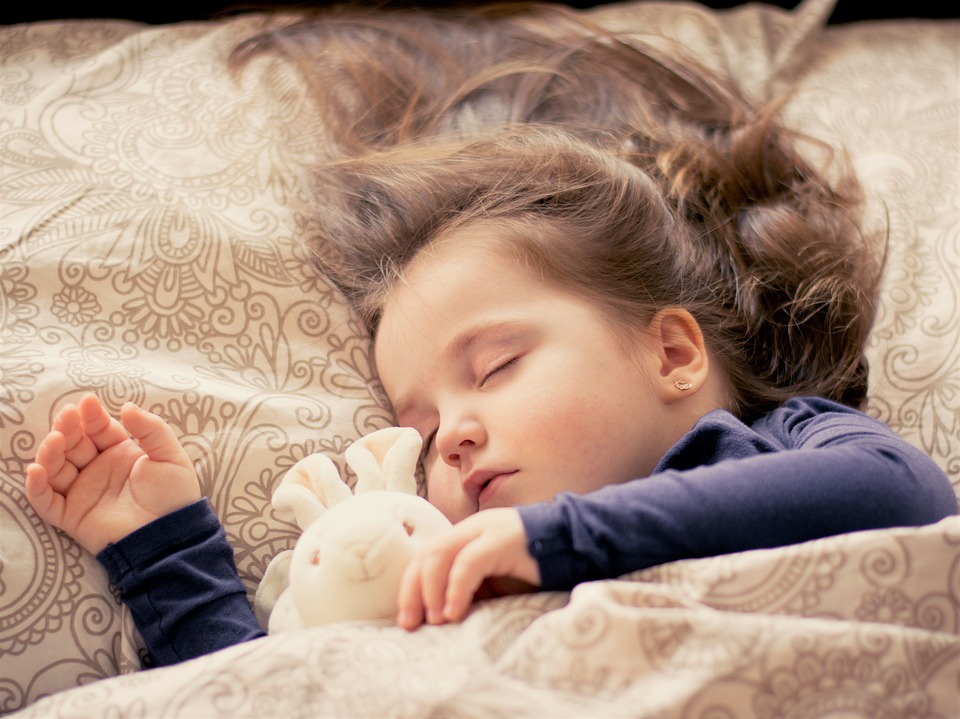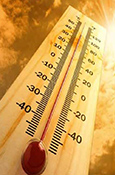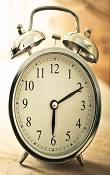It’s time to hit the snooze button (Part- I)
It’s time to hit the snooze button (Part- I)

- Impact the immune system
Our ability to fight off infections becomes weak and we are more prone to attracting respiratory infections, such as cold and flu. Heart and lung functioning is adversely affected due to lack of sleep and is associated with high blood pressure.
- Causes obesity
Lack of sleep is directly linked to obesity. Studies have shown that with sleep deprivation, there is an increase in certain hormones, which in turn result in increase in hunger and the need for high calorie foods. This leads to weight gain in many people.
- Causes accidents
Lack of sleep deprives the brain from rest. This impacts the brain functioning, attention span, mood and reaction time. Sleeplessness is a leading cause of many road accidents, and surveys have demonstrated that many industrial accidents and disasters, such as nuclear power accidents, major oil spills and space shuttle disasters have been attributed to sleep deprived workers.
Sleep and Mental Health
- Insomnia – A person suffering from insomnia can sleep for only 6 hours or less every night.
- Escape sleeping- In a condition like this, a person sleeps in excess- 10 hours or more every night.
- Fatigue - Constantly wishing you were sleeping or napping, and carrying out day to day activities becomes highly tiring or burdening.
- The person finds it difficult to enjoy activities or spend time with family or friends in school.
- An evident change in behaviour is seen when the person is quickly irritated or angry with what family members, friends or teachers say and end up picking up fights on trivial issues.
- Miss paper or project deadlines. Some students rely on last minute preparations to finish their homework or projects and hence, stay up all night. But doing this at the last moment can have severe repercussions.
- Perform poorly in tests because, the ability to recall or concentrate sharply decreases when the person is sleep deprived.





















